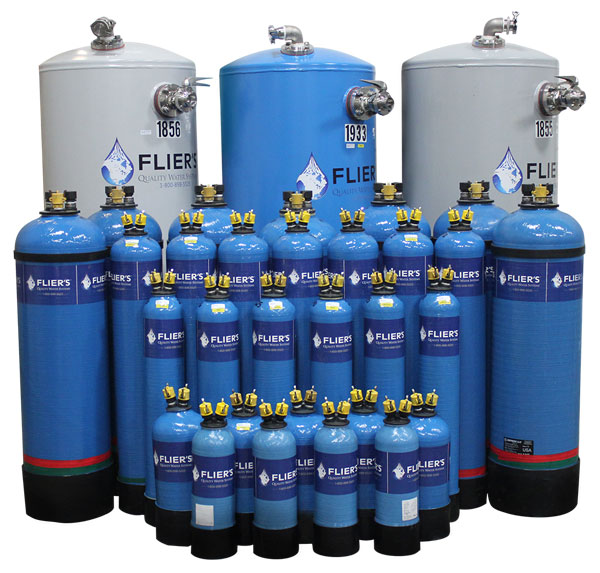Carbon filtration is a popular water purification method used in both industrial and residential settings. It uses activated carbon to remove impurities, such as chlorine, chloramines, some iron, and foul taste and odor from water. However, it is not effective in removing all types of contaminants, like dissolved minerals and salts. Carbon filters must be replaced after a few years to avoid bacterial growth and ensure optimal performance. Steam-sanitizable carbon filters are preferred in pharmaceutical applications to prevent bacterial growth. Carbon filtration is used as a pre-treatment for reverse osmosis systems to remove chlorine, which can damage the RO membrane.
Plumbing engineers must consider several factors when designing a carbon filtration system, including flow rate, the appropriate filter, and the lifespan of the filter. Whole house filtration systems require proper water analysis to select the appropriate filter and prevent inadequate filtration or pressure drop.
In summary, carbon filtration is a widely used and cost-effective water purification method, but its effectiveness depends on the specific water quality concerns and the appropriate selection of the filter. Plumbing engineers must consider several factors when designing a carbon filtration system, such as flow rate, pressure drop, and filter lifespan. Proper water analysis is crucial when designing whole house filtration systems to select the appropriate filter and prevent inadequate filtration or pressure drop.
Call or email Flier’s today with your application, we know the right questions to ask to solve your problems and design your Filtration System or Carbon Application Properly!





